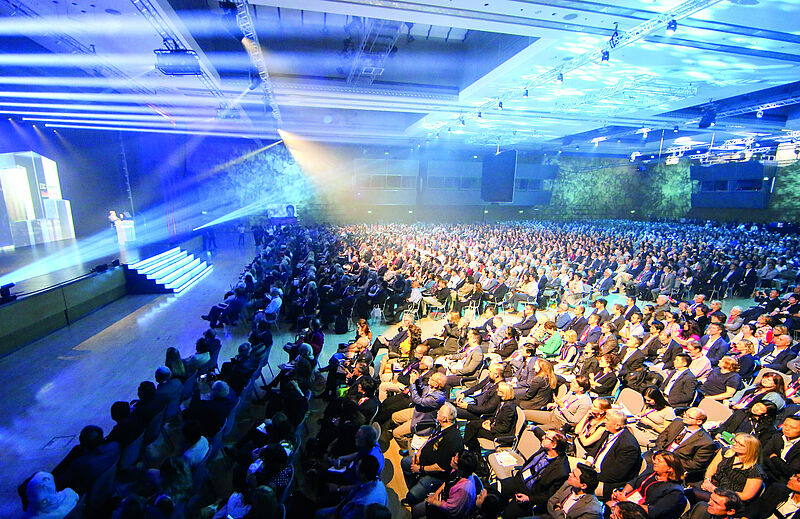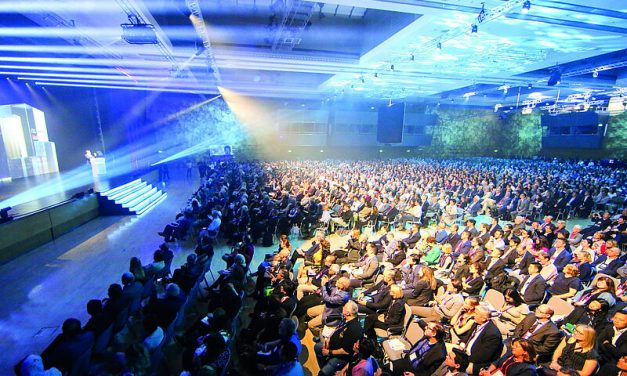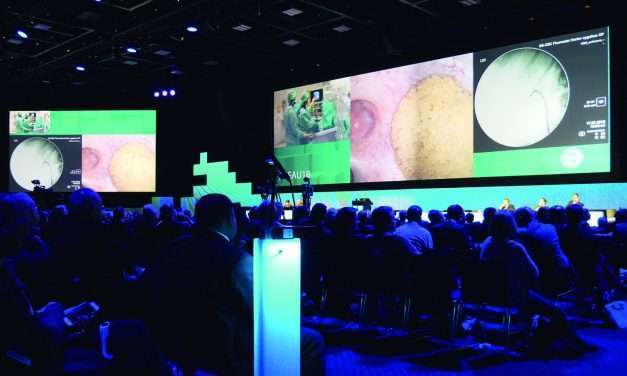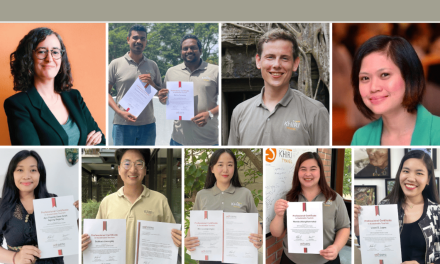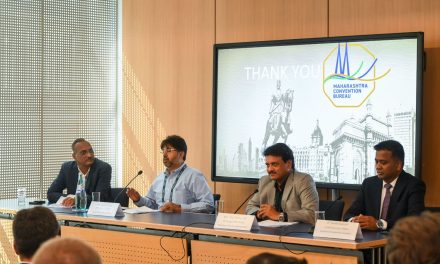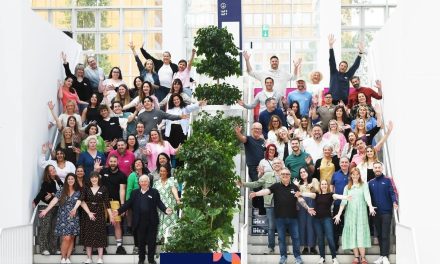New focus. “Purely rational thought was yesterday; the era of motions is dawning,” declares ZukunftsInstitut in its July 2019 newsletter. Trend researcher Harry Gatterer explains why we are rediscovering feelings in an increasingly rational, digitalised world. In an age of ubiquitous digital emotionalisation, our understanding of authenticity has changed, he maintains. Confident users (and participants) have been emancipated and are now guided by self- defined values and their own experiences. “If someone sees their values being reliably represented, they have confidence in you and commit themselves gladly and voluntarily,” asserts Gatterer, who is ZukunftsInstitut’s managing director.
What convention organisers want is to get people to show serious commitment to their event. Distractions lie in wait everywhere, particularly in attractive host cities. For the PCO MCI Group there is little doubt that “the convention of the future” is losing relevance in terms of the information provided.
The “new science of customer emotions” was therefore one of the topics discussed by Idoia Rodés, president of MCI BeNeLux, and Alessandro Cortese of the European Society for Radiotherapy and Oncology (Estro) at the AIPC Annual Conference in Antwerp. Experiences are essential, they agreed, before, during and after a convention. Content is only one aspect of the value offered by medical conventions. They are also about networking, developing professional and academic skills and gaining access to stakeholders.
“The emotions should always be addressed at medical conventions and in further training: only through your emotions do you internalise what you hear and learn to lasting effect and come to appreciate the fate of an individual patient behind all the facts and figures,” asserted Dr Christina Buttler, director of strategy and innovation at MCI Germany. She described meetings of study groups where people get so involved and interested in what they are doing that they forget the time and continue to work even outside the study programme.
“One phenomenon that engages the emotions and has often been neglected up to now is disruption. It, too, helps with information retention and knowledge processing,” explained Buttler. Congress camps are an ideal option for sessions without an agenda and where knowledge transfer is not a one-way street. “Instead, all taking part contribute their expertise as scientists and practitioners on an equal footing and shape new knowledge together.”
Disruption, in the sense of surprise, is one of the six basic emotions identified by psychologists, the others being happiness, anger, sadness, disgust and fear. Stimulating this repertoire of feelings is what the arts have always done – and live communication does it too. Events staged so as to appeal to the emotions are a highly effective means of planting brand messages in the mind. Emotions are associated with a high level of attentiveness. Consequently, they are more than welcome at conventions.
Creating sensory impressions at events is of keen interest to Steffen Ronft, the deputy head of the centre for empirical and experimental business studies at Baden-Wuerttemberg Cooperative State University Mannheim (DHBW), who is convinced that sensoryexperiences make messages stay longer in the memory. It is important, he believes, that the content engages the five senses in such a way that all impressions are “congruent”.
The event psychology expert was backed up in this by Ronald Kötteritzsch, the director for sales and marketing at Congress Center Leipzig (CCL): “Congruence is important for successful conventions. Everything must fit together. That has a strong emotional impact.” This is implemented to optimum effect at the annual vascular medicine convention LINC, which was held for the fist time in 2005. 5,000 delegates from 80 countries attended in 2019. “Sensory experiences have an important role to play at LINC. The use of form, colour and light design gives each room its own aesthetic value,” explained Kötteritzsch.
Delegates are able to communicate easily and constantly, not just during mealtimes and breaks, which makes LINC an innovative platform in terms of its meeting culture. Encounters with other people are accompanied by feelings, and emotion is thus an important resource in this context too. “The body is the most important stage for feelings,” said the Portuguese neuroscientist Antonio Damásio, the author of the book “The Strange Order of Things”.
If you want to know delegates’ level of emotional engagement, you look, above all, at their faces. Methods of measuring human emotional states, which can be read from the expressions created by 44 facial muscles, are being rapidly further developed.
The “face analytics sensor” of Houston-based company Zenus Biometrics enables the mood of delegates to be ascertained. Unlike proven facial recognition software used for admission control, the camera captures whole groups of faces rather than individual delegates. There are thus no data privacy concerns, and the system delivers important information that can be used when planning further conventions.
- Live surgeries facilitate exchange through disruption. Photo: CIM
- Lighting design mobilises the senses. Photo: LINC
- R. Kötteritzsch, director marketing and sales Photo: Leipziger Messe GmbH/CCL

